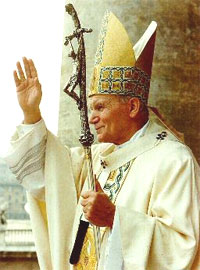Through the sloth that is sin, man barricades himself against the challenge handed to him by his own dignity. He resists being a spiritual entity endowed with the power to make decisions; he simply does not want to be that for which God lifted him above all natural potentiality…. He who is in conflict with himself in his inmost dwelling, who consequently does not will to be what he fundamentally is anyway, cannot dwell with himself and cannot be at home with himself.”Josef Pieper
“The Obscurity of Hope and Despair” in Josef Pieper: An Anthology (San Francisco: Ignatius Press, 1989), 23-24.
We must abandon any idea that we are the slaves of chance, or environment, or our subconscious; any vague notion that good and evil are merely relative terms, or that conduct and opinion do not really matter; any comfortabl persuasion that, however shiftlessly we muddy through life it will somehow or other all come right on the night. We must try to believe that man’s will is free, that he ca consciously exercise choice, and his choice can be decisive t all eternity. For The Divine Comedy is precisely the drama of the soul’s choice.Dorothy Sayers, “Introduction,” Dante’s The Divine Comedy, trans. by Dorothy Sayers (Baltimore: Penguin Classics, 1959, Vol. I. Hell, 11.



